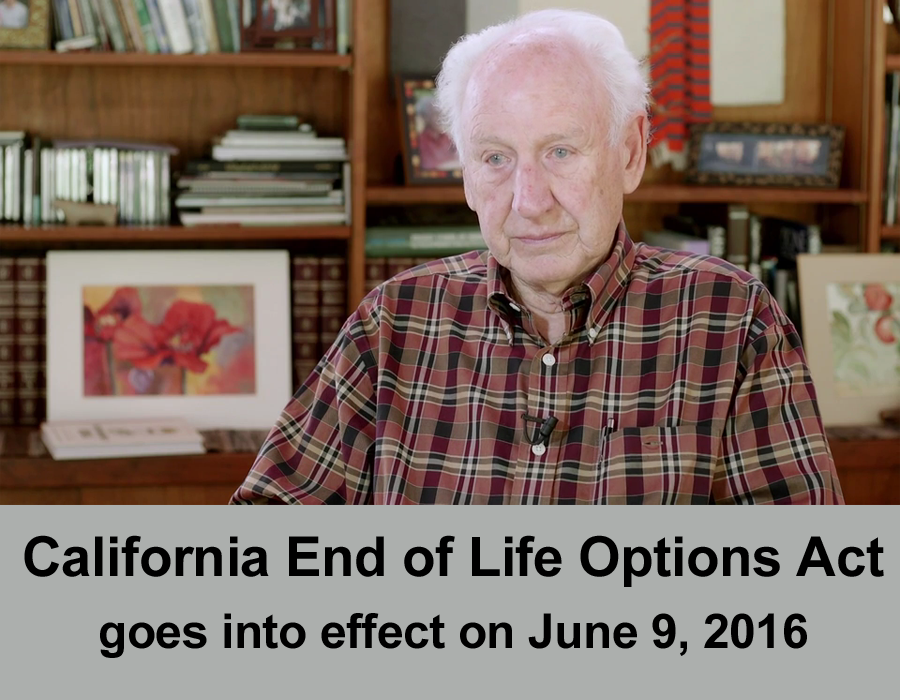 David Spiegel, M.D.
David Spiegel, M.D.
Willson Professor and Associate Chair, Psychiatry and Behavioral Sciences, Stanford University, California.
Evidence supports the effectiveness of services aimed at relieving the emotional distress that accompanies many chronic illnesses, including cancer, even in the case of debilitating depression and anxiety.
Increasingly successful treatments for cancer have led to greater long-term cancer survivorship for patients, making it necessary for healthcare providers to address the unique and complex set of psychosocial risks and challenges encountered by this patient demographic.
In this video talk, Dr. Spiegel discusses the psychosocial principles of cancer survivorship.
His discussion includes:
- Insight into the important topics of how physicians can integrate psychosocial intervention into their patient care
- Evidence of how these interventions may benefit patient outcomes
- Techniques for empowering patients with emotional and psychological resources after cancer diagnosis
Video Interviews
Interview with Dr. Ernest Rosenbaum, a doctor and professor at UCSF who is also a cancer survivor. In this interview Dr. Spiegel and Dr. Rosenbaum discuss survivorship programs.
Discussion Topics
As you watch the video, note:
- Dr. Rosenbaum’s perspective as both oncologist and cancer survivor on how to maintain quality of life even amidst dealing with fears that accompany cancer diagnosis.
- Evidence of how personal agency to promote well-being can improve health and longevity.
- Tactics to incorporate personal meaning into the context of cancer survivorship, including ethical wills and his Legacy film project.
Interview with Pat Fobair, Program Administrative Director, Cancer Supportive Care and a breast cancer survivor. In this interview Dr. Spiegel and Pat Fobair discuss discuss cancer support groups.
Discussion Topics
As you watch the video note:
- The discussion of how mind is influenced by body; Pat addresses the problem of controlling one’s state of mind when appraisal of self and future are so heavily influenced by cancer medications and stress hormones.
- Methods of engaging with feelings of loss of control by coping actively.
- Pat’s experiences in rebuilding her relationship with her own body by improving diet and exercise habits.








